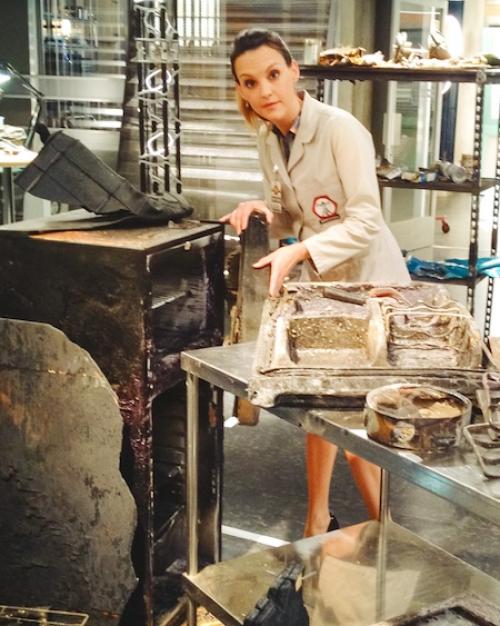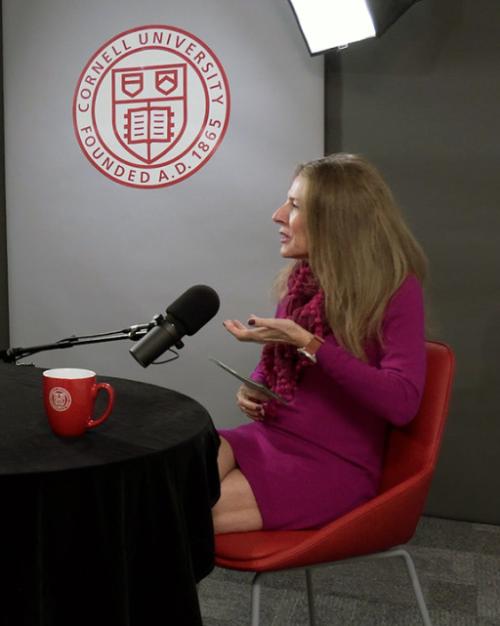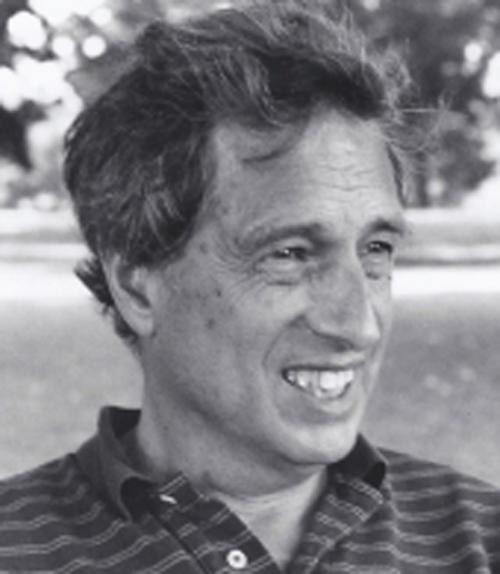David B. Wilson, professor of molecular biology and genetics and a world leader in the field of enzymology, died April 29. He was 77.
Wilson was a pioneer in the study of cellulases, which are enzymes from bacteria, fungi and plants that have evolved to decompose cellulose, the principal structural component of plant cell walls and the most abundant polymer in the biosphere. Cellulases break down cellulose so it can be converted into sugars, a critical step for making biofuels.
Wilson received his bachelor’s degree from Harvard University in 1961 and completed his doctorate at Stanford University in 1966, both in biochemistry. After a year as a postdoctoral researcher at Johns Hopkins University, he joined Cornell’s faculty in 1967.
“David was a true biochemist who was devoted to understanding how the world might derive clean fuels from plants,” said Linda Nicholson, professor of molecular biology and genetics. “He was a world leader in this area, and was immensely generous with his time and knowledge. He was a wonderful colleague who will be tremendously missed.”
Wilson hailed from a family of distinguished scientists. His father was renowned chemist Edgar Bright Wilson, considered the father of spectroscopy and co-author with Nobel laureate Linus Pauling of the seminal textbook “Introduction to Quantum Mechanics.” His brother was the late Cornell physicist Kenneth G. Wilson, who won the Nobel Prize in physics in 1982.
While at Cornell, Wilson was a member of the fields of molecular biology and genetics, microbiology and toxicology, where he took part in many interdisciplinary collaborations. Wilson used a combination of genomics, protein engineering, structural biology and molecular biology to develop detailed mechanisms to explain how cellulases and related proteins work to break down cellulose.
“He was a brilliant scientist and a very generous colleague who was always interested in other people’s ideas,” said John Brady, professor of food science, who collaborated with Wilson by combining molecular modeling of cellulases and genetic engineering techniques to slightly alter amino acids in cellulases to make them work faster and more efficiently. “It’s a great loss to the university and to the field of enzymology.”
Though Wilson’s research on cellulases began in the 1980s as investigations in the basic biochemical principles for how these enzymes work, his work took on a more applied importance as interest in biofuels as a renewable energy source grew in the 1990s. Researchers have been working to efficiently break down cellulose from waste biological materials such as the leaves and stalks from corn or wood chips from lumber sawmills into sugars, which can then be fermented into alcohol for biofuels.
Wilson also worked in the field of toxicology, especially early in his career, where he focused on developing new bioremediation technologies, including systems for concentrating, removing and recycling heavy metal contaminants such as mercury in soils and water with genetically engineered bacteria in bioreactors. He served as director of the Cornell’s Institute for Comparative and Environmental Toxicology from 1997 to 2005. He also directed the Biotechnology Program Fermentation Facility from 1990 to 2005.
Wilson taught courses in biochemistry and molecular biology and genetics, and sat on graduate committees of students in biochemistry and microbiology.
“He was always very patient in the lab with everybody,” said Maxim Kostylev, Ph.D. ’13, a postdoctoral researcher in microbiology at the University of Washington and former graduate student under Wilson. “Anytime I was stuck with my experiments, when things weren’t going well, I’d start a conversation with him, and that always made me feel much better.”
“He has received much recognition for his work, including election to major scientific organizations, being asked to run major meetings in his field and prestigious journal editorships, most recently at the Journal of Biological Chemistry and Applied Environmental Microbiology,” said Eric Alani, professor and former chair of the Department of Molecular Biology and Genetics.
Wilson authored hundreds of papers, received honors from the Johns Hopkins University Society of Scholars (1990) and the American Academy of Microbiology (2003), and was an elected member of the American Society of Biological Chemists, the American Society for Microbiology and the American Association for the Advancement of Science.
Locally, Wilson served as chairman of the board of directors at Cayuga Medical Center in Ithaca from 1994 to 1999, and he also was a lifelong sports fan and coach of youth sports teams.
Wilson is survived by his wife, Nancy, three daughters, two sisters and two brothers.
A memorial lecture and reception honoring Wilson will take place June 30 at Cornell in the Biotechnology Building. More details will be posted soon at the Department of Molecular Biology and Genetics web site. Memorial donations can be made to the Ithaca Youth Bureau.
This story also appeared in the Cornell Chronicle.




